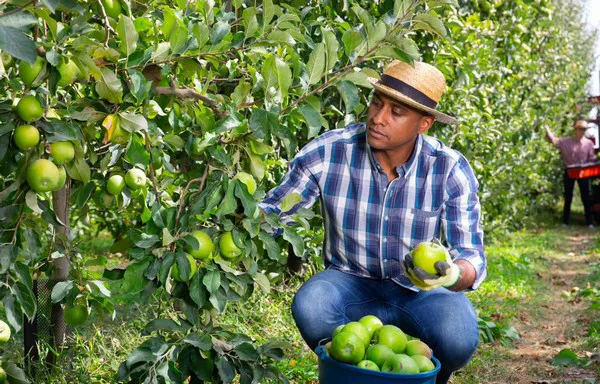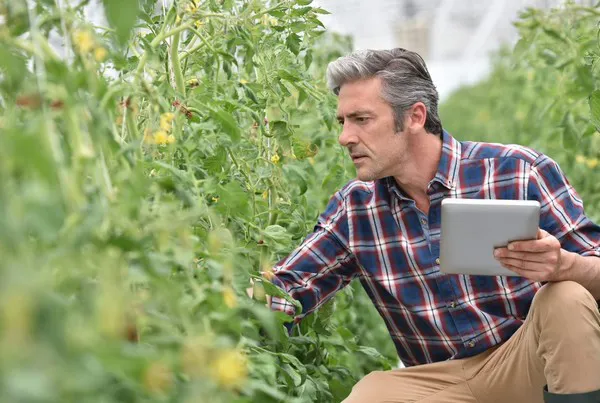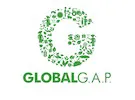When it comes to certifications for today’s growers, there are many to choose from. But with time and cost pressures on growers in the current economic climate, it can be difficult to select from what’s available today.
Which is why choosing a program such as GLOBALG.A.P. could make sense for a business. “Simply put, the right GLOBALG.A.P. solution will save many growers both time and money while meeting market requirements,” says Roberta Anderson, executive vice president, GLOBALG.A.P. North America. “It will also set them up to successfully adapt as market needs change.”
But what exactly is this certification? Integrated Farm Assurance (IFA) is GLOBALG.A.P.’s flagship standard that provides holistic Good Agricultural Practices (G.A.P.) coverage for food safety, environmental sustainability and worker health and safety on-farm. Anderson says it’s preferred by global markets and offers a GFSI-recognized edition preferred by North American markets. A group certification option is available. “The system provides assurance to the supply chain, including annual audits by a large selection of fully vetted and accredited, independent third-party certification bodies (CBs),” adds Anderson.
 Integrated Farm Assurance (IFA) is GLOBALG.A.P.’s flagship standard that provides holistic Good Agricultural Practices (G.A.P.) coverage for food safety, environmental sustainability and worker health and safety on-farm.
Integrated Farm Assurance (IFA) is GLOBALG.A.P.’s flagship standard that provides holistic Good Agricultural Practices (G.A.P.) coverage for food safety, environmental sustainability and worker health and safety on-farm.
Further developing
GLOBALG.A.P. also offers fit-for-purpose solutions. “In addition to IFA, we offer other standards and add-on modules that allow suppliers to choose the right combination of audits for their farming and packing operations to meet their specific market needs with streamlined auditing,” says Anderson.
With the North American market, where GFSI recognition and FSMA alignment are priorities, the organization has also developed the food-safety-focused Harmonized Produce Safety Standard (HPSS) for farms and standalone Produce Handling Assurance (PHA) for packing, cooling and storage. “Simultaneously, we ensured alignment of IFA with upcoming environmental requirements from major retailers like Walmart USA. Our standards and services are designed by and for the industry,” says Anderson.
So how does the process work? The certification process takes a few months and the amount of time is largely dependent on how prepared the grower is to meet the requirements and how responsive they are to any corrective actions needed. ”They will first choose the right certification solution for their market needs,” says Anderson, noting that growers can contact the organization directly for help or direction in selecting specific certifications.
The organization also encourages growers to compare offers from a few of the Certification Bodies (CB) offering GLOBALG.A.P. certificates to get both the best service and price. “Growers register within the GLOBALG.A.P. system through their selected CB and then carry out a self-assessment using the checklists and correct all the points they don’t comply with,” says Anderson. GLOBALG.A.P. Registered Trainers offer supporting courses to help growers prepare for the audit, and many farm consultants have trained on the organization’s standards and can provide support. The CB then works with the grower to set an appointment for the qualified auditor to conduct the audit and once the requirements have been met, a certificate is received. That certificate is valid for one year and visible in the GLOBALG.A.P. Database.
 The certification process takes a few months and the amount of time is largely dependent on how prepared the grower is to meet the requirements and how responsive they are to any corrective actions needed.
The certification process takes a few months and the amount of time is largely dependent on how prepared the grower is to meet the requirements and how responsive they are to any corrective actions needed.
Who it works for
Who actually receives certification may also surprise growers--it’s not for large-scale farms only for example “The standards are carefully designed to flexibly work for farms of all types and sizes. Our group certification option is especially suitable for groups of smaller growers who work closely with a packer or marketer that oversees a quality management system for the group. Our program is also an excellent fit for larger growers managing many fields,” says Anderson.
It’s also not just for exporters only. “Although IFA is the most widely accepted G.A.P. certification around the world, it is also valued by USA buyers,” says Anderson. “Plus, we offer other certifications like HPSS and PHA that are a fit for growers focused on domestic sales.”
The program also continues to develop as the organization is ramping up for increased digitization in both the auditing and certification process. “This means more customized and efficient services for the growers and greater transparency through the supply chain about where food comes from and how it was produced,” says Anderson.
 For more information:
For more information:
Roberta Anderson
GLOBALG.A.P. North America
anderson@globalgap.org
https://www.globalgap.org/
